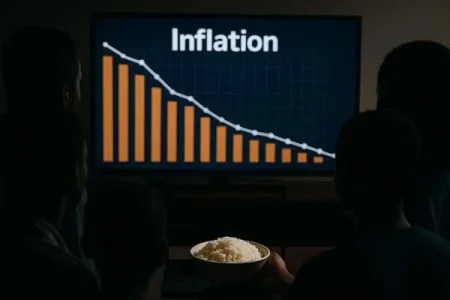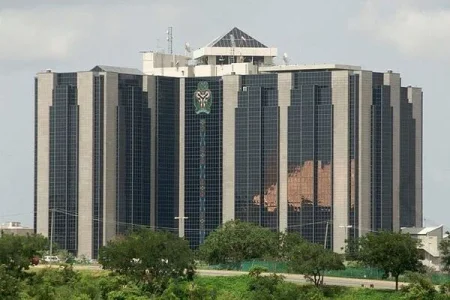
Nigeria's inflation rate decreased to 22.97% in May 2025, down 0.74% from April's 23.71%, marking the first significant decline after sustained price surges. However, monthly food prices increased 0.13% despite annual food inflation dropping to 21.14%, creating mixed economic signals for household budgets.
- Headline inflation fell to 22.97% from 23.71%, representing a 10.98% year-on-year decline
- Monthly food prices rose 0.13% while annual food inflation decreased to 21.14%
- Regional disparities persist, with rural areas experiencing 25 %+ food inflation rates
- Base-year adjustments and seasonal harvests contributed to statistical improvement
Statistical victories mean nothing when your monthly grocery bill still increases. This inflation "decline" reveals how economic data can mask lived reality; families celebrate lower annual percentages while struggling with rising monthly costs. Smart Nigerians understand this paradox: macroeconomic improvements don't automatically translate to kitchen-table relief. The real insight lies in timing: seasonal harvests temporarily ease food pressure, but underlying structural issues, fuel subsidies, forex gaps, and transport costs remain untouched. Prepare for this relief to evaporate unless fundamental economic policies change before the next supply shock hits.
How do you reconcile celebrating inflation decline when your monthly food expenses continue rising? What household budget strategies work when statistical improvements don't match shopping reality?
Sources: National Bureau of Statistics, economic analysts




